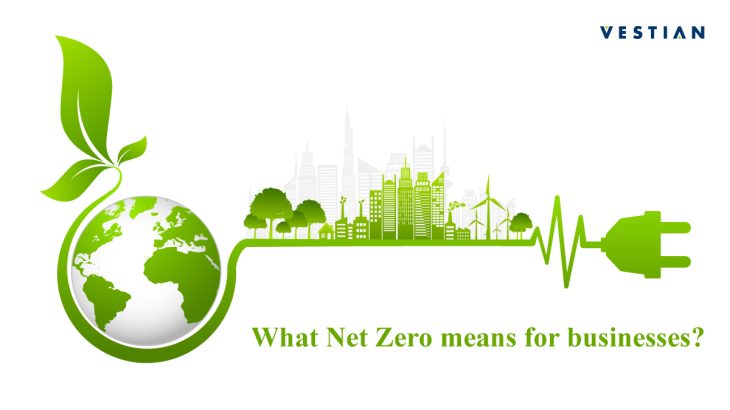As more and more countries seek to legalise carbon commitments on the heels of COP26 at Glasgow, we take a look at what this means for the corporates operating around the world.
Stating the obvious, effects of climate change is no longer a future event, but a crisis we are all in the midst of. Its effect on sustainable businesses, corporate and industrial houses cannot be ignored and hence the growing emphasis on environmental, social and governance aspects of business to become more resilient. More and more countries are veering towards legislation and laws on energy efficiency and carbon disclosures as a part of financial reporting. While EU and UK are ahead when it comes to this, US too has put out an order for ESG assessment accounting as recent as April 2021. These are not just guidelines, but also systems with measurability built in. ESG and carbon neutrality have taken centre stage. Much efforts are being undertaken to implement globally accepted standards like ISO based systems, and there is even a global standard for carbon offsets/ credits.
It is no longer about whether to commit to net zero emissions, but about how to achieve those commitments.
While the US and EU aim to achieve net zero by 2050, China announced that it will become a carbon neutral country by 2060. India too has pledged to cut its emissions to net zero by 2070. The pledge also includes India to source 50% of its energy requirements from renewable resources by 2030 and to reduce its total projected carbon emissions by one billion ton.
There exists no clear roadmap for businesses to help achieve their net zero goal. What is amply evident is that businesses will need to support the government in order to create a carbon free India and protect the climate for the future generations. To bring this to reality, the first most important initiative would be to lay a pathway to reduce emissions. Reliance Industries, Tata Consultancy Services, HDFC Bank, Wipro, Infosys, Mahindra & Mahindra, ITC, Adani, Indian Railways have already started working along these lines, by pledging/ declaring their net zero targets.
This is but the first step that will have to be backed by appropriate organizational and strategic changes to existing business structures. A responsible net zero strategy entails removing the source of emissions from the value chain itself, thereafter, removing the residual emissions that are difficult to eradicate through permanent carbon dioxide removal options. Not all net-zero commitments are created equal, and many of them lack crucial details, scope, and near-term accountability. So, it is important to rope in the experts to help you achieve your net zero goals. The path to net zero is not only about focusing on what is happening today, but about having a detailed plan that takes into consideration the short, medium and long term goals; to plan for a sustainable future.
That there exists an enormous gap between the pathway to decarbonisation and what science tells us is required if we have to stick to the 1.5-degree target is evident, what we and business leaders need to do is to make bridging this gap a priority.
